Adopting Stray Cats: 12 Potential Risks to Consider
Stray cats are a familiar sight in our everyday lives, often including irresistibly cute and vulnerable newly born kittens. The commendable efforts of those who voluntarily rescue or adopt these stray cats deserve applause. However, embarking on the journey of bringing a stray cat home involves certain risks. Whether you're planning extended interactions with stray cats or considering adopting one, it's crucial to be well-informed about potential risks in advance. This knowledge will better prepare you for the steps ahead.

1. Elevated Health Concerns
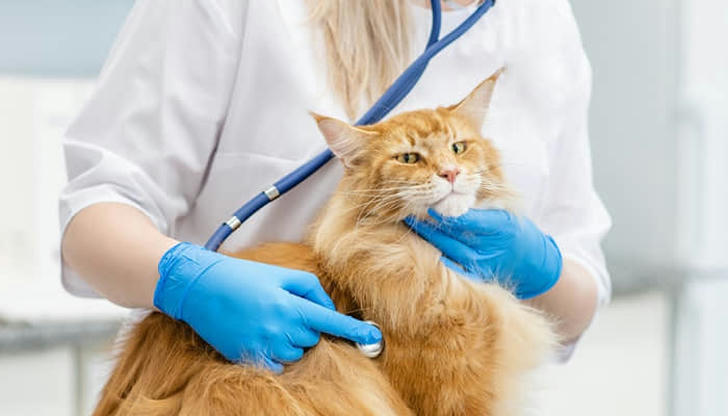
Embarking on the journey of rescuing a stray kitten introduces potential health hazards for both the feline and the adopter. Stray cats are susceptible to diseases, with feline leukemia being a notable concern.
Moreover, they may harbor other health threats, including feline immunodeficiency virus (FIV), various parasites, and other communicable illnesses.
It is crucial to be well-informed about these health risks, as this awareness plays a pivotal role in ensuring the overall well-being of both your newfound furry companion and the health of your household. Adopting stray cats is a noble gesture, but we must ensure that our own health is not compromised before extending help to the little animals.
2. Proneness to Unpredictable Behavior and Fear

Stray kittens frequently carry unknown histories and experiences, resulting in behaviors that can be challenging to anticipate. Moreover, these felines may display fear, aggression, or struggle with adapting to unfamiliar surroundings.
Integrating such cats into a household, especially one with other pets or children, can pose a considerable challenge due to their unpredictable demeanor and potential difficulties in adjusting to new environments.
3. High Medical Expenses and Potential Financial Burden
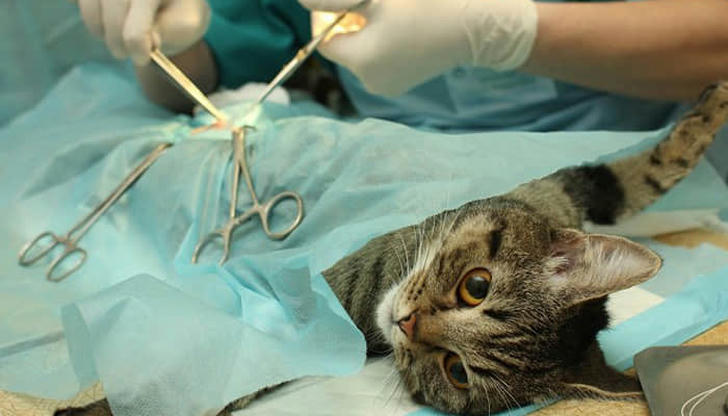
Welcoming a stray kitten into your home comes with the responsibility of ensuring its medical well-being.
Routine veterinary appointments, vaccinations, the process of spaying or neutering, and addressing any pre-existing health conditions can accumulate substantial expenses.
If your financial situation is not very good, please be mentally prepared before deciding whether to adopt them. Otherwise, it may lead to a greater financial burden if, unfortunately, they fall seriously ill.
4. Potential Legal Entanglements

Being aware of the legal ramifications associated with adopting a stray kitten is paramount.
Laws pertaining to ownership, vaccination requirements, and spaying/neutering regulations can vary across different regions. A comprehensive understanding of these legal facets is essential to steer clear of potential complications in the future.
5. Challenges in Adapting to New Environments

Stray kittens, unaccustomed to indoor living, may face difficulties adapting to a domestic setting.
Moreover, the transition period can be stressful for the kitten. Nurturing a stray cat into a beloved pet requires patience and dedicated time for them to feel at ease in their newfound home.
6. Elevated Risk of Allergies and Health Issues for Household Members
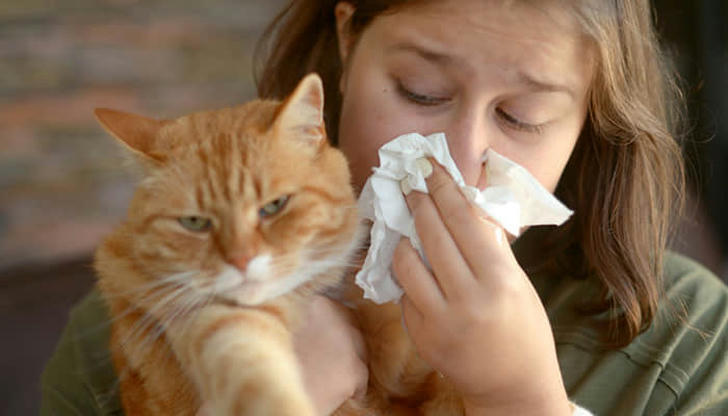
Adopters and their family members may experience allergies or health concerns triggered by the arrival of a new pet.
Recognizing and proactively addressing potential allergic reactions or health issues is essential prior to bringing a stray kitten into the household.
It's advisable to conduct a thorough examination before bringing a stray cat home. Additionally, be sure to promptly address the feelings and conditions of existing resident pets.
7. Unexpected Aggression and Socialization Challenges
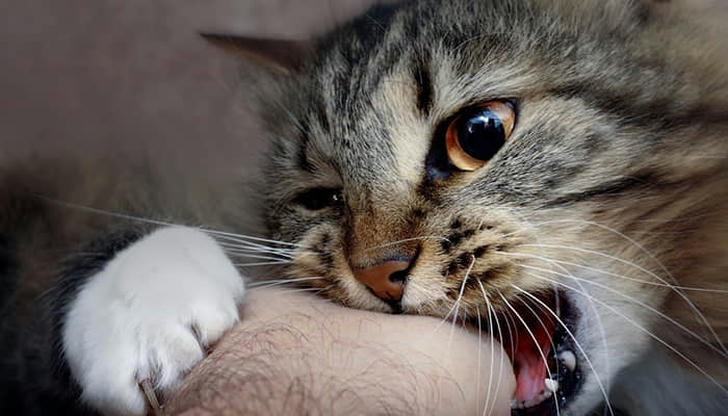
Stray kittens, having potentially experienced traumatic events, may face issues related to aggression or socialization.
These challenges could impact their interactions with both people and other animals in the household, necessitating careful consideration.
8. Time-Intensive Care and Excessive Attention
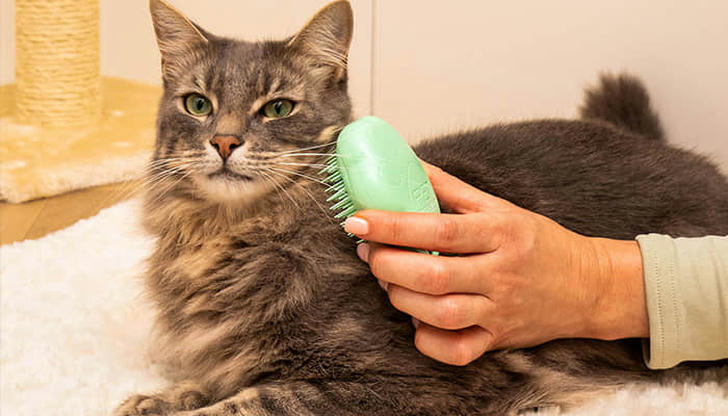
Providing for a stray kitten demands a significant investment of time and attention. Proper feeding, grooming, and socialization require a commitment that should be acknowledged and prepared for before bringing the kitten home.
9. Potential Conflict With Existing Cats

Introducing a stray kitten to a household with pre-existing pets can lead to conflicts, territorial disputes, and stress.
Please ensure that the resident cats are accepting of the stray cat, or take precautions in advance to prevent harm to the new member. Also, to avoid stray cats transmitting invisible viruses to your household cats.
10. Emotional Bonding and Possible Re-homing Challenges

Forming an emotional bond with a stray kitten may result in challenges when considering re-homing.
Stray cats generally don't trust humans easily. Unlike loyal and amiable dogs, they often remain in a vigilant state. Therefore, gaining the trust of a stray cat may take time.
11. Taking on the Care and Well-being of the Stray Kitten

Adopting a stray kitten involves a substantial commitment to ensure their lifelong care and well-being.
This responsibility encompasses addressing their physical, emotional, and medical requirements with diligence and compassion.
If one impulsively adopts stray cats out of pity but later realizes their inability to care for them, leading to the abandonment of the kittens, it undoubtedly inflicts secondary harm on the cats. Such situations should be avoided.
In summary, although the decision to rescue a stray kitten is commendable and can offer a fulfilling experience, it's crucial to acknowledge and comprehend the inherent risks and responsibilities.
A thoughtful assessment and thorough preparation are vital to guarantee a smooth and harmonious integration of the new feline companion into your home and family.

